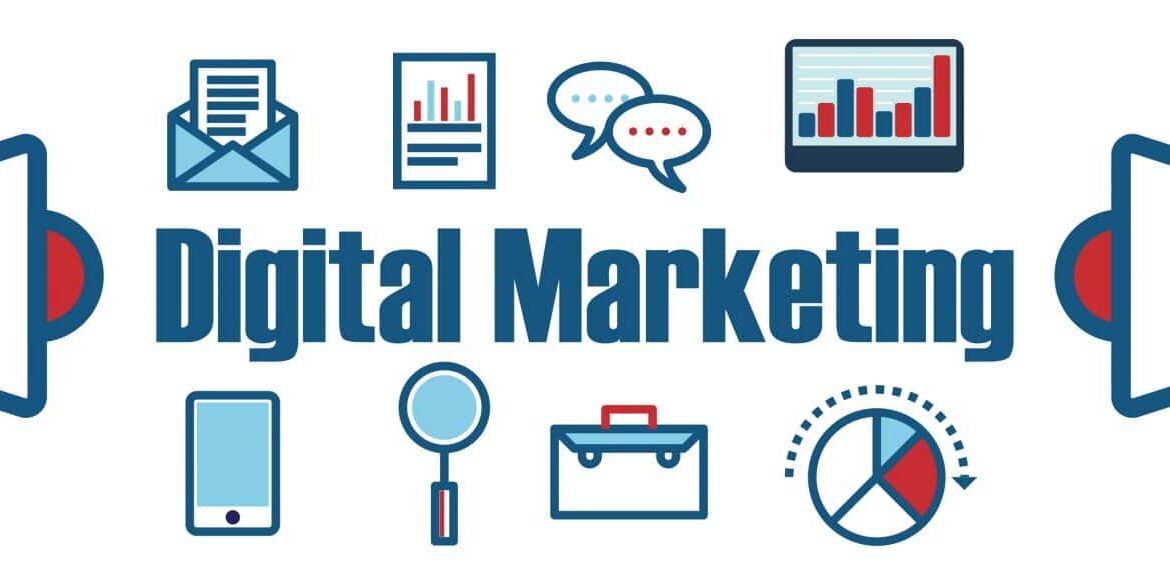Google Ads, Marketing Platform and Ad Manager represent a simplified new toolset for its advertising, marketing and publishing packages
Since Google Adwords was unleashed on the world in 2000, so much has evolved in the digital marketing world. Who could have foreseen the emergence and dominance of social media? Who knew that video and images would become as important as words? And certainly no one was prepared for mobile devices to morph into what they are today. All of this has greatly influenced the way people browse, shop, and publish on the internet. These kinds of changes force businesses to keep up and evolve their online marketing strategies too, which is the main reason why Google’s digital marketing platforms are changing at this time.
Baby Steps into the Future
Wise as they are, Google doesn’t want its many corporate consumers to panic or become overwhelmed, that’s why they will be implemented gradually. The rebranded tools are starting to emerge in the course of the next few weeks and months, with the current platforms (known currently as DoubleClick and Adwords) phased out slowly. Further detail about Google’s digital marketing platforms changes will be released to explain their features and how to use them to their full potential. Although the transformation appears to be more a simple rebranding, their functions will be simplified and a progressive step into the future. Part catching up, and part proactive for what lies ahead of us, Google realized that digital publishing and advertising has really been altered over the last few years. Now they are trying to continue moulding the future as well: simpler yet more effective.
Simplicity and Versatility
With the anticipated changes, more different types of business will be able to manage the user-friendly interfaces, monetize their content, and measure the results of their ad campaigns. Smaller organizations will manage their ads more easily and gauge their campaign effectiveness. The intention is to streamline advertising placement while making integration and collaboration as basic as possible.
So what exactly is being rebranded with these changes to Google’s digital marketing platforms? Google Adwords will be renamed Google Ads, DoubleClick advertising services will become part of Google Marketing Platform, and DoubleClick for Publishers and DoubleClick Ad Exchange become two components of Google Ad Manager. DoubleClick Search will now be called Search Ads 360 for the analysis and planning of your search campaigns.
All Advertising Features on 1 Platform
The new Google Ads (a grouping of all its advertising features in one place) replaces Adwords as a way of assisting companies to transcend mere words. Another indication that modern advertising has moved beyond traditional methods with Google’s digital marketing platforms changes. New ad opportunities for companies of all sizes will be uncovered with a sharper focus on the UI interface and easier to manage advertising features. Smaller businesses will tap into the potential of online advertising without getting lost in the many current cumbersome guidelines as they first get started. And for those already proficient with Adwords, the modifications will only make their jobs easier with a streamlined setup that makes everything a snap.
Ad & Analytics Combine
What else is changing with Google’s digital marketing platforms reform? DoubleClick advertiser products are being combined with Google Analytics 360 Suite (with all existing integrations from both) to form “Marketing Platform”. This merges advertisements and analytics to assist Marketing Directors and Digital Marketing Agencies in keeping all their ad performance diagnostics in one place. Now all measures of effectiveness can be seen together, eliminating the need for multiple platforms. Yet one more benefit and reason to convince smaller businesses to dive into online advertising for the first time, or more than they already were.
Entire campaigns will become simpler to manage with the launch of Display & Video 360, featuring functionality from DoubleClick Bid Manager, Campaign Manager, Studio and Audience Centre. This innovation in Google’s digital marketing platforms should enhance cooperation among marketing and creative teams to synthesize their efforts better.
3rd-party advertising solutions and measurement options will benefit from over 100 integrations, which enhances Google’s credibility, demonstrating that they are not only promoting their own products.
Publishing & Monetization Options on 1 Platform
The new Google Ad Manager is a hybrid of DoubleClick for Publishers and DoubleClick Ad Exchange, which merges its publishing and monetization resources onto one single platform. The increasing need for content consumption and higher demand for programmatic access gave rise to this new platform. It will assist ad partners, publishers, and media companies to fully exploit the future of online content and the revenue opportunities that represents.
Ad Manager should make monetization of content marketing easier, with a particular focus on the use of different devices by web surfers. This should all make both publishers’ and advertisers’ jobs easier, as it reflects the evolution of publishing and monetization heading towards 2019 and beyond.
Monetization of online assets is being partitioned into several different directions and everyone needs to keep up with it. This brings the internet into the future of programmatic, making it as basic and effective as possible.
Conclusion
The idea behind Google’s digital marketing platforms is to simplify advertising and online marketing while making collaboration and integration as user-friendly as possible. Marketers will begin to see the branding and solutions roll out starting in mid-July and through the next few months. The combination of the major areas (mobile Search, app install ads and programmatic ads) all have more than contributed to enable Google’s growth in the mobile era, so not everything will be drastically altered.
This branding and the new solutions are intended to free up advertisers to concentrate more on improving their results, and less on product selection. This should keep the momentum going for the next couple of decades, at least. And the transition shouldn’t cause too much anxiety, as it will be gradual to allow enough time to become familiar with the changes.
Call 514-360-2187 or e-mail info@marketingwebsites.ca to learn more about how Google’s digital marketing platforms can benefit your online strategy





